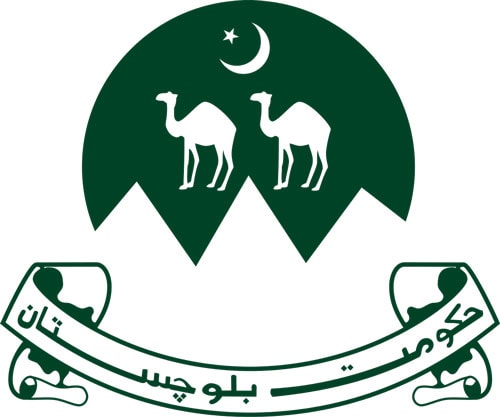Malaria spreading with epidemic proportions in flood-hit districts of Balochistan. In five flood affected districts of Balochistan, mosquito-borne disease spreading rapidly with 1527 cases reported in 24 hours, sources said. Overall, 63,998 malaria cases have been reported in five districts of Balochistan during last 15 days, according to sources. In last fortnight 19,082 malaria cases were reported in district Sohbatpur.
In Naseerabad 14,104 cases of malaria surfaced, while in Jaffarabad 13,608 cases, Jhal Magsi 10,306 cases and Dera Bugti 5,371 patients of the mosquito-borne disease reported, sources said. Sources said that 110 pregnant women were malaria positive in the flood-affected districts. In last two weeks 45,879 cases of infectious diseases reported in Balochistan, including 7,258 diarrhea cases, 3,966 suspected cases of gastroentritis, while 11,904 casses of asthma and 447 jaundice cases reported.
Moreover, 8,157 skin patients, 1,627 eye infection cases, 25,574 malaria cases, 2,278 suspected cases of typhoid and 9,540 cases of other diseases reported in Balochistan in last two weeks, according to health sources. It is a crisis situation in post flood Balochistan and Sindh as earlier predicted by the World Health Organization in a report during and after the flooding in Pakistan. The situation required a robust response from the health authorities as well as the national leadership to tackle the health crisis on emergency basis.










